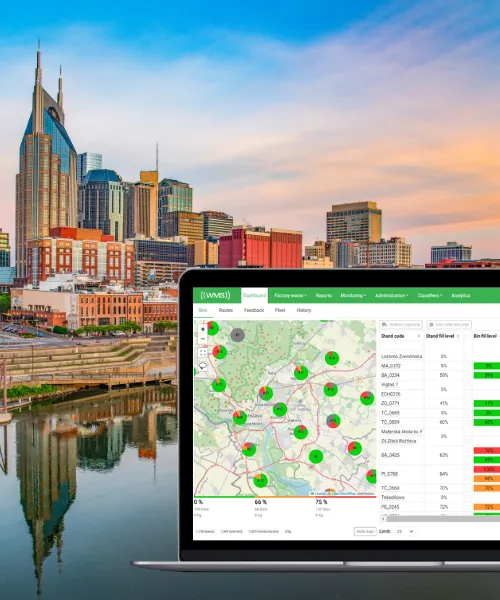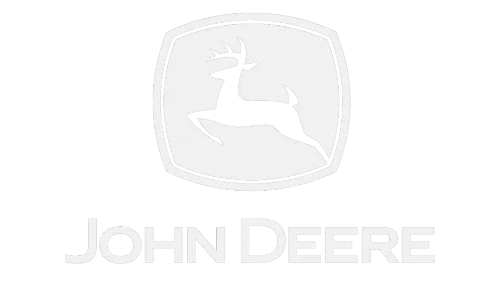EXCLUSIVE WEBINAR FOR MUNICIPAL WASTE MANAGERS, PUBLIC WORKS AND ENVIRONMENTAL PROFESSIONALS


Learn proven strategies to optimize waste management and reduce costs
Date & Time:
September 19, 2024 - 11am ET
OUR CLIENTS











Most municipalities struggle with the same problems

Increasing Operational Costs
Managing of increased expenses in waste collection and disposal is holding municipal budgets tight

Lack of Real-Time Data
Struggling with the absence of real-time data, making waste collection scheduling a challenge

Inefficient Waste Collection Systems
Outdated, paper-based processes slow down waste collection operations and drive up fuel costs.

Overflowing Bins and Complaints
Complaints about overflowing bins and waste accumulation impact public satisfaction and leaving you with more work.

Outdated Route Planning
Inefficient route planning leads to wasted time and resources, increasing operational costs and reducing efficiency

Inconsistent Waste Reporting
Difficulty in compiling accurate reports and meeting sustainability goals
Dealing with these issues?
Most of these problems
are caused by lack of reliable data
Before our webinar
High operational costs
Overflowing bins
Inefficient route planning
Urban environment concerns
Insufficient reporting accuracy
Time-consuming manual processes
After our webinar
Cost efficiency
Optimized on demand collection
Enhanced route optimization
Improved public spaces and wellbeing of citizens
Accurate and comprehensive reporting
Acceleration of processes by digitalization
CAN'T ATTEND LIVE?
Register today, and we'll send you a recording
after the webinars ends
Who is our webinar for?
Solid Waste Managers
Recycling Coordinators
Public Works Professionals
Environmental Health Managers
Waste Management Supervisors
Sustainability Professionals
Municipal Services Managers
Operations Managers in Waste Services
Solid Waste Managers
Recycling Coordinators
Public Works Professionals
Environmental Health Managers
Waste Management Supervisors
Sustainability Professionals
Municipal Services Managers
Operations Managers in Waste Services

"Digitalization and using data-driven waste management not only helped our operations and to save costs – but it also opened a brand new customer segment for us."
Juraj Kunak, CEO and Founder of Ekocharita
ABOUT SPEAKER
Tomas Vincze
Head of Waste Collection Management Division at Sensoneo
Speaker at ISWA 2023 World Congress
7+ years of waste management industry know-how
Experience with world largest smart waste management projects:
11 000 Sensors in Madrid Municipality
7 500 Sensors in Qatar
4 500 Sensors in Buenos Aires Municipality
Working on smart waste projects for Amazon, John Deere or LEGO
Speaker at ISWA 2023 World Congress
7+ years of waste management industry know-how
Experience with world largest smart waste management projects:
11 000 Sensors in Madrid Municipality
7 500 Sensors in Qatar
4 500 Sensors in Buenos Aires Municipality
Working on smart waste projects for Amazon, John Deere or LEGO

ABOUT SENSONEO
Global leader in
smart waste solutions
End-to-end smart waste management solutions
In-house R&D
Enterprise-grade hardware, software and analytics solutions
Deployment of largest smart waste project worldwide: 11k sensors for Madrid municipality
85+
countries
500+
smart waste projects
40k+
active users

SAY YES TO A DATA-DRIVEN WASTE MANAGEMENT
How we provide value
Optimized Route Planning
We utilize real-time data and advanced algorithms to streamline route planning, reducing unnecessary trips and cutting fuel costs, ensuring efficient waste collection in your municipality.
Cost-Effective Waste Management
By implementing data-driven strategies and smart technology, we help municipalities significantly lower operational costs, freeing up budget for other critical areas.
Improved Recycling Outcomes
We provide actionable insights and tools that empower municipalities to increase recycling rates and reduce contamination, helping you achieve your sustainability targets.
Enhanced Public Satisfaction
Our system ensures that bins are emptied before they overflow, reducing public complaints and enhancing community satisfaction with your waste management services.
HIGHLIGHTS OF OUR WORK
How we helped optimize waste management
Madrid implemented Sensoneo’s smart waste management solution, becoming the largest European city to do so. The installation included 11,000 smart sensors across various waste containers, providing real-time data on fill levels.
This optimization reduced waste collection costs and improved operational efficiency and significantly contributed to the city's sustainability goals.
The City of Prague implemented Sensoneo's smart waste solution to optimize waste collection for 420 underground bins.
Real-time monitoring and data integration improved route planning and cut costs, leading the city to expand the project to over 1,900 bins as part of its Smart Prague 2030 strategy.
Sensoneo's US University pilot program used smart sensors, reducing missed collections by 18% and achieving a 62% average fill level at collection.
This led to an estimated ROI of $266 per container per month and annual savings of $89,519 from 28 bins, while also improving the waste diversion rate to 40.5%.
John Deere's factory in Germany implemented Sensoneo's waste monitoring solution, utilizing smart sensors to optimize waste management.
This led to significant cost reductions, improved operational efficiency, and enhanced sustainability efforts.
Madrid implemented Sensoneo’s smart waste management solution, becoming the largest European city to do so. The installation included 11,000 smart sensors across various waste containers, providing real-time data on fill levels.
This optimization reduced waste collection costs and improved operational efficiency and significantly contributed to the city's sustainability goals.
The City of Prague implemented Sensoneo's smart waste solution to optimize waste collection for 420 underground bins.
Real-time monitoring and data integration improved route planning and cut costs, leading the city to expand the project to over 1,900 bins as part of its Smart Prague 2030 strategy.
Sensoneo's US University pilot program used smart sensors, reducing missed collections by 18% and achieving a 62% average fill level at collection.
This led to an estimated ROI of $266 per container per month and annual savings of $89,519 from 28 bins, while also improving the waste diversion rate to 40.5%.
John Deere's factory in Germany implemented Sensoneo's waste monitoring solution, utilizing smart sensors to optimize waste management.
This led to significant cost reductions, improved operational efficiency, and enhanced sustainability efforts.
2024 SENSONEO All rights reserved



